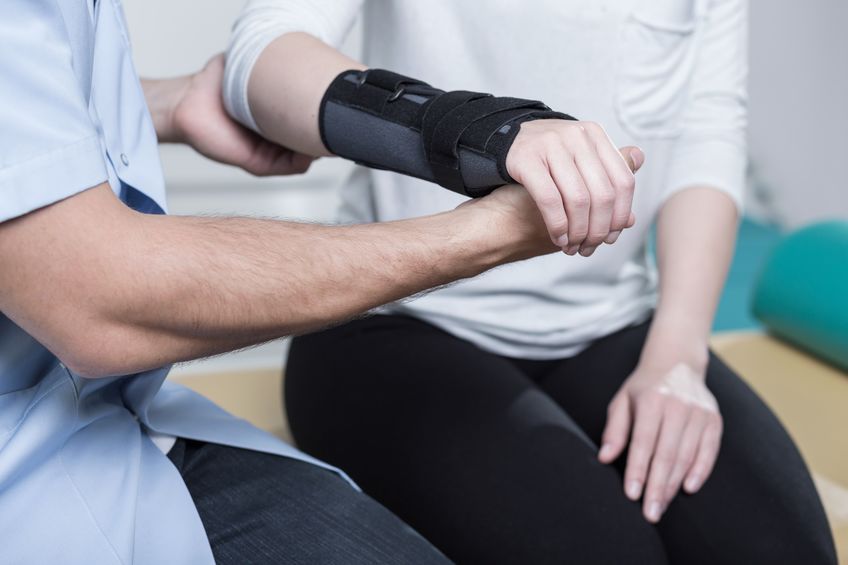
Personal injury claims cover a wide range of incidents, so how do you know whether you can make a claim for the injury you’ve suffered?
There are so many ways you could get injured – from falling down your stairs at home to being scalded by boiling water in a café. Knowing whether you can make a claim will typically come down to one question: was your injury caused by someone else’s negligence?
If someone is responsible for your accident, you can likely make a personal injury claim against them. This is also true if it’s an organisation or business.
Some of the most common personal injuries include:
Accident at work
Employers have a responsibility to ensure that a workplace is safe. If it has not taken this duty seriously and you have suffered the consequences – in the form of an accident and resulting injury – then you could have a claim.
Some workplaces are more dangerous than others. Someone working on a construction site with moving objects and vehicles and heavy machinery will be more at risk of a serious injury than someone in an office, where the biggest threat is trailing wires and the trip hazard they present.
Road traffic accident
Road traffic accidents are one of the most common types of accidents in the UK. In 2018, there were 160,597 casualties of all severities reported to police, according to the Department for Transport. However, it is likely this figure could be higher as not all injuries and accidents are reported to police.
These accidents are a potential threat to almost everyone. They can happen while driving your own vehicle, on public transport, in a taxi or even as a pedestrian. If you were hurt in an accident while on the roads, you could be able to make a claim against the person responsible.
Slip, trip or fall
Some of the most common accidents you could experience in public places are slips, trips or falls. These accidents could be caused by a range of hazards, including wet or icy surfaces where no signs have been put up or tripping on uneven paving stones.
You could also find yourself falling down public stairs that have not been properly maintained or in an area that lacks an adequate level of lighting. In each of these examples, someone has been responsible for fixing these problems but hasn’t. And this negligence means you will likely be able to make a claim for compensation.
Medical negligence
One of the more sensitive areas of personal injury claims includes the medical negligence field. This is when you have sought medical attention for an existing condition, but the treatment you received was substandard, causing your condition to worsen or a new health problem to develop.
This could have come about after treatment by both the NHS or a private practitioner. You may have suffered various forms of negligence, including misdiagnosis or delayed diagnosis, surgical errors, nerve injury or dental negligence, among other forms.
Industrial disease
Along the same legal lines as an accident at work, industrial disease can be caused by a company’s negligence. This is when you suffer an illness because of something you’ve had to do at work. It could happen if you haven’t been provided the necessary protective equipment or if you’d been exposed to harmful substances.
Mesothelioma is just one example of an industrial disease. Caused by asbestos exposure, it is an incurable cancer that can take 20 to 50 years for any symptoms to develop. You may also have suffered from industrial hearing loss, skin diseases or musculoskeletal problems.
Personal injuries
However you may have been injured, if it was the fault of someone else and it happened within the last three years, you could be able to make a claim. This could go a long way towards getting you back on your feet or making your life more comfortable.
You have the right to justice when you’ve been hurt because of someone else’s actions – or lack thereof.
Image copyright: Katarzyna Białasiewicz